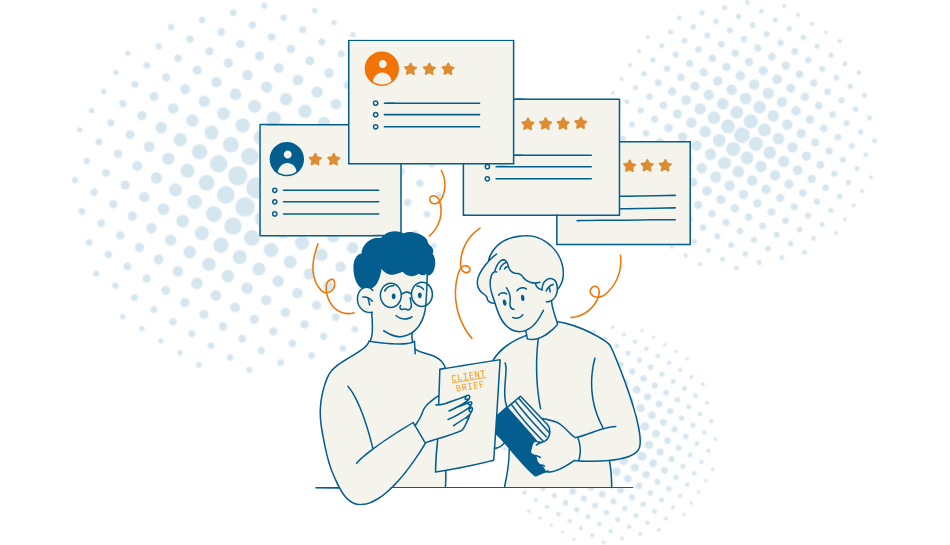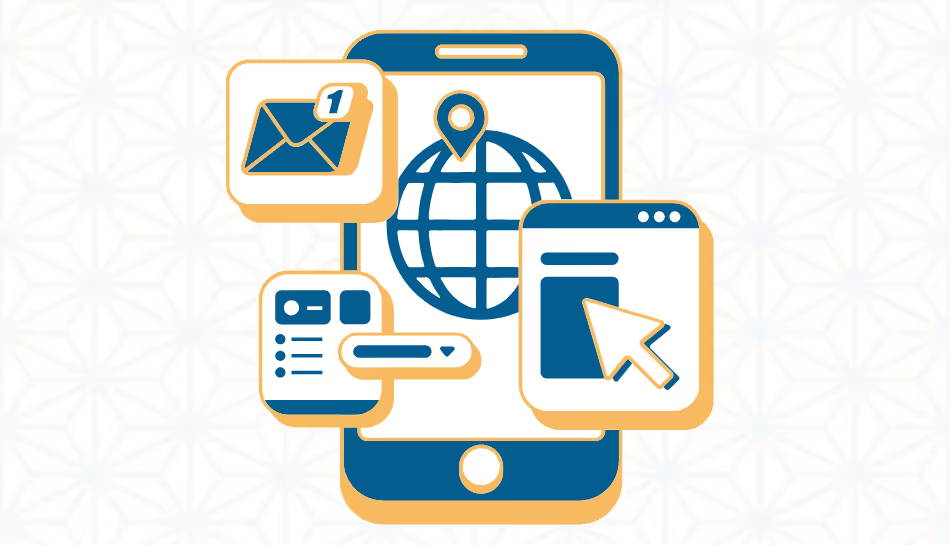
In a world overflowing with content, the media industry faces a unique challenge, not just in creating stories, but in building lasting relationships with audiences, advertisers, and partners. Whether you're in broadcasting, digital publishing, streaming, or influencer marketing, customer relationships are everything.
This is where custom CRM for media agency makes all the difference.
A one-size-fits-all solution no longer works in a space that demands personalized outreach, real-time feedback, and dynamic audience management. CRM for media companies is aiming to stay competitive and relevant, a custom CRM isn’t a luxury, it’s a necessity.
What Is CRM in the Media Industry?
CRM (Customer Relationship Management) software helps organizations track interactions, manage data, and nurture relationships across customer lifecycles. For media companies, this means handling:
- Viewer or reader engagement
- Advertiser partnerships
- Subscription and membership data
- Campaign performance
- Multi-platform content feedback
A digital media CRM software for media industry goes beyond contact databases, it becomes a central system to understand and connect with your audience, clients, and collaborators.
Why Media Companies Need Custom CRM Solutions
Media operations are complex. You’re not just selling a product, you’re offering experiences, emotions, and stories, across different platforms, to different people.
Here’s how a custom CRM for media industry addresses that:
1. Audience Segmentation & Targeting
With a tailored CRM, you can segment audiences based on demographics, behavior, content preferences, and engagement history. This allows for personalized recommendations and targeted messaging, boosting loyalty and clicks.
2. Advertiser & Client Management
Track contracts, campaign results, and communication history with advertisers. Create dashboards to show ROI, ad performance, and invoicing, all in one place.
3. Multi-Platform Synchronization
Media companies operate across websites, apps, social media, and television. A custom CRM integrates data from all channels to provide a 360° view of each client or user.
4. Subscription & Revenue Tracking
Keep track of subscriber plans, renewals, payments, and churn rates. Send automated renewal alerts or promotional offers based on usage.
5. Campaign Management & Reporting
Custom CRM tools let you launch and track marketing or content campaigns, see how each channel performs, and optimize strategies in real time.
Benefits of Using a Custom CRM in Media
1. Better Audience Engagement
With tools specifically built for audience engagement, you can deliver content that resonates, increasing time spent, shares, and overall brand loyalty.
2. Smarter Content Strategy
Track what content performs best with whom. A CRM helps editors, content creators, and marketers make informed decisions based on real user data.
3. Enhanced Partner Relations
Manage your relationships with sponsors, advertisers, and contributors with personalized outreach, performance tracking, and collaborative tools.
4. Time and Cost Efficiency
Automate repetitive tasks, from lead follow-ups to content performance reports, freeing your team to focus on creative and strategic work.
5. Data-Driven Growth
Real-time dashboards and reports allow leadership to identify trends, make quicker decisions, and drive sustainable growth.
Real-World Example
Imagine a digital news platform. With a custom CRM for digital media, it could:
- Automatically recommend articles to users based on reading history
- Help sales teams manage ad placements and report campaign performance
- Track which headlines generate the most engagement across age groups
- Retarget inactive users with curated content bundle
That’s not just CRM, that’s media client relationship management redefined.
CRM Solutions for Broadcasting and Beyond
For broadcasters, CRMs can manage:
- Viewer behavior and program ratings
- Feedback across radio, TV, and social media
- Advertiser deal pipelines
- Scheduling and on-air talent coordination
For podcasters, streaming platforms, and publishers, CRM is equally vital, offering detailed insights into listener/reader behavior and tools to convert one-time visitors into loyal fans.
Final Thoughts
In a media world driven by fast-changing preferences and fierce competition, relationships are the real currency. A custom CRM built specifically for media companies enables deeper connections, stronger ad partnerships, smarter content strategies, and ultimately, greater success.

